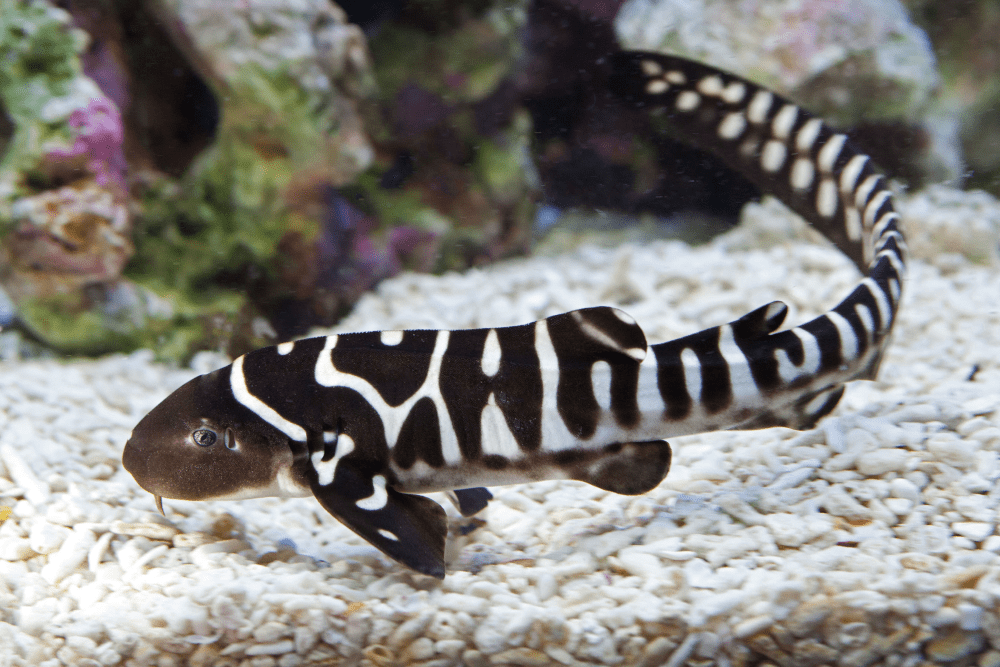Staggering results have emerged from routine genetic testing at Chicago’s Shedd Aquarium, where two pups were found to have been born through parthenogenesis despite there being healthy males in the tank. The Miss Independent of zebra sharks marks the second time this shunning of traditional means of procreation has been documented, challenging assumptions about the pros and cons of “virgin birth”.
“This is only the second case that we know of where sharks have been born by parthenogenesis even when there were healthy mates available,” study author Kevin Feldheim of the Field Museum of Natural History in Chicago said in a statement. “This discovery throws a wrench in what we thought we knew about how and why parthenogenesis happens, and it illustrates a key aspect of science: we’re continually learning.”
The other incident of parthenogenesis occurring despite healthy, and probably eager, reproductive males being available was recorded at the Aquarium of Pacific. What makes the decision so interesting is that it was once considered a last-ditch effort to procreate when no potential mates were available, especially considering that sometimes parthenogenesis can see resulting offspring exhibit diseases and deformities brought on by recessive genes.
Whether the move to reproduce without a mate is driven by life in captivity or something else isn’t yet clear, but it could have big implications for conservation work as well as zoos and aquariums.
This discovery came about after two baby zebra sharks (Stegostoma fasciatum) waggling their way through the waters of Chicago’s Shedd Aquarium were found to have homozygous alleles, meaning that the two sets of genetic material that are usually contributed by a male and female both came from the same parent. Normally, having an allele from each parent results in at least some variation – so when it showed up that the pups had identical alleles throughout, it was clear they weren’t the product of sexual reproduction.
The impressive feat is a puzzling one, and unfortunately comes with considerable downsides for the offspring. Sexual reproduction can help to squash rare genetic conditions that are carried by recessive alleles as there’s a chance for the other parent’s dominant allele to override it. If both sets of alleles are coming from one parent then they will be the same, and so even recessive conditions will become the dominant phenotype.
The pups in this study only survived a few months, but that they were able to be born at all is still fascinating as it challenges some of our understanding as to how life, uh, finds a way.
“Discovering these pups were parthenotes was quite a surprise for the team at Shedd, given our previous success in encouraging breeding through sexual reproduction,” said Lise Watson, assistant director of animal operations and habitats at Shedd Aquarium and an author of the study. ”This news underscored exactly why regular, ongoing genetic testing of offspring is important.”
“This study is just the beginning of our understanding of the occurrence of this genetic phenomenon in zebra sharks.”
The study was published in the Journal of Fish Biology.
Source Link: Sperm Was An Option, But This Zebra Shark Decided To Reproduce Alone Anyway
